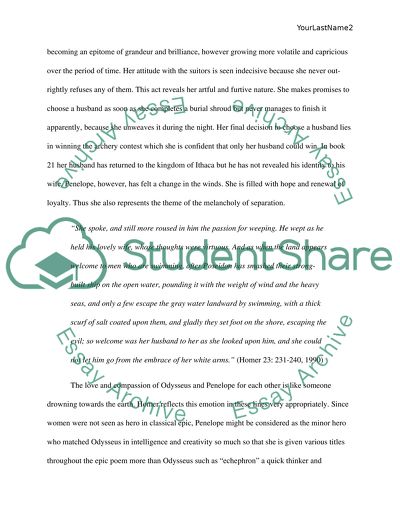Cite this document
(“The Odyssey by Homer Essay Example | Topics and Well Written Essays - 2000 words”, n.d.)
Retrieved from https://studentshare.org/literature/1443641-the-odyssey-by-homer
Retrieved from https://studentshare.org/literature/1443641-the-odyssey-by-homer
(The Odyssey by Homer Essay Example | Topics and Well Written Essays - 2000 Words)
https://studentshare.org/literature/1443641-the-odyssey-by-homer.
https://studentshare.org/literature/1443641-the-odyssey-by-homer.
“The Odyssey by Homer Essay Example | Topics and Well Written Essays - 2000 Words”, n.d. https://studentshare.org/literature/1443641-the-odyssey-by-homer.


